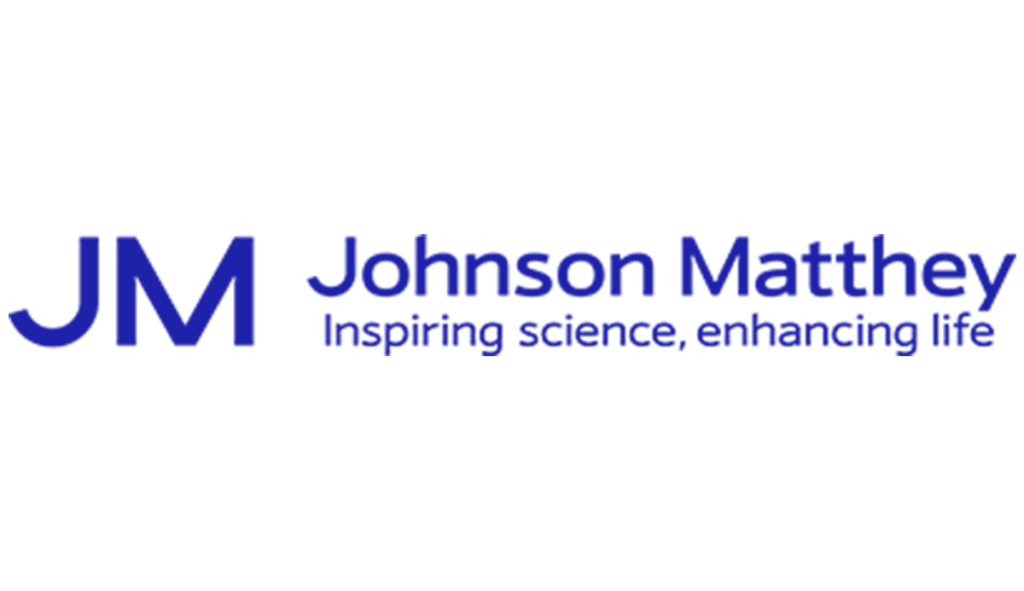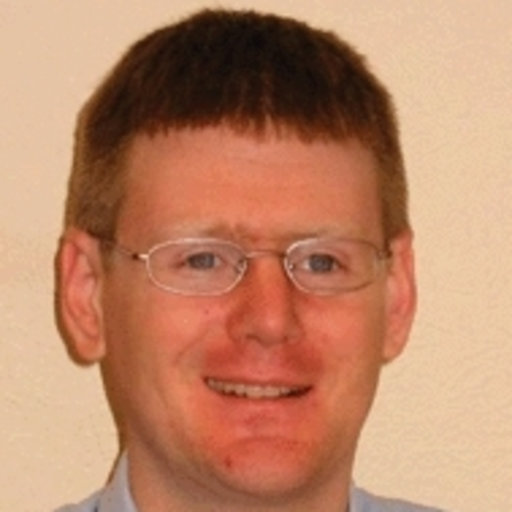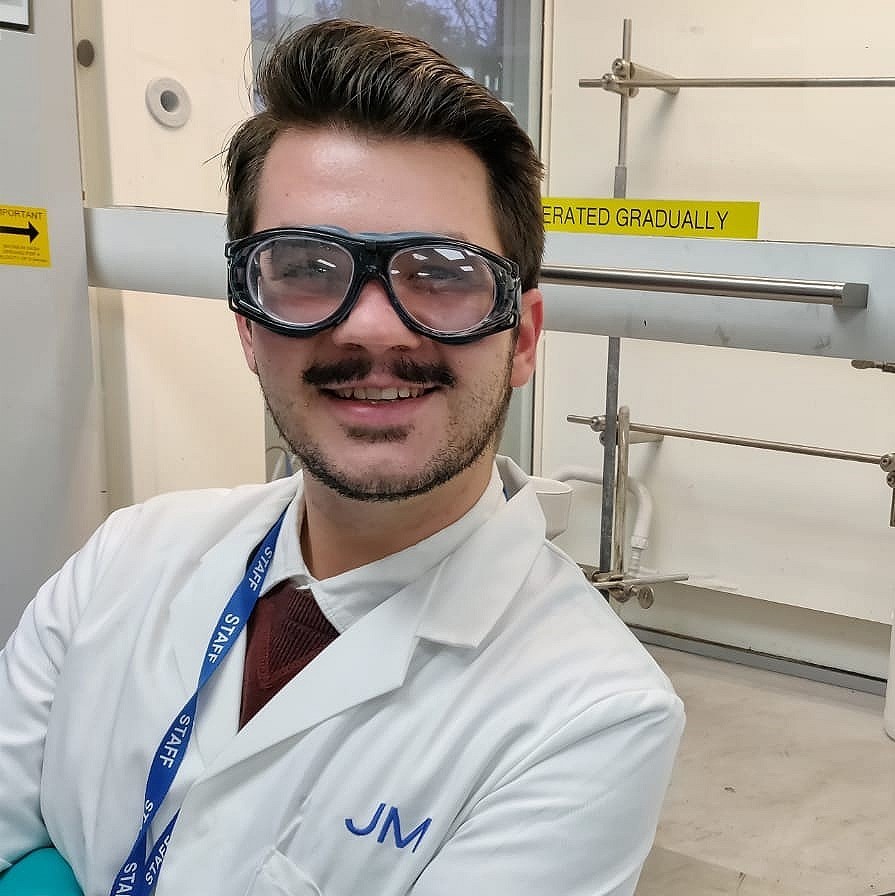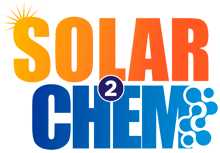
Johnson Matthey is a specialty chemicals company and a leader in sustainable technologies (http://www.matthey.com). JM has operations in over 30 countries and employs 13,000 people. JM’s principal activities include the manufacture of automotive and heavy duty diesel catalysts and pollution control systems, catalysts and technologies for chemical processes, fine chemicals and active pharmaceutical ingredients, the refining and fabrication of precious metals, and supply of catalysts and components for fuel cells and Li-ion batteries. Johnson Matthey’s participation in the project will be through the Technology Centre in Reading, UK. This central facility acts as a focal point for the development of new technologies into emerging markets.

Dr Peter Ellis will act as the overarching coordinating scientist at JMTC. Dr Ellis has a BSc in Chemistry (1995) and PhD in Catalysis (1999), both from University of Durham, UK. He carried out post-doctoral research in catalytic synthesis of hydrogen peroxide (1999-2001) at Queens University Belfast and Reading University. He joined JM in 2001, and his main activities have focussed on catalyst synthesis and characterisation, in particular for the Fischer Tropsch synthesis. Other systems studied include CuAu and PdAu catalysts for selective oxidation reactions and Pd catalysts for hydrogenation. Since 2017, Dr Ellis has been leading a team looking at electrochemistry applications including catalysts for electrolysers, the use of electrolysis in chemical processes and electrochemical synthesis of organic and inorganic chemicals.

Sebastiano Gadolini, born in 1994 in Italy, received his master’s degree in Industrial Chemistry (2019) from the Univeristy of Milan under the supervision of prof. Emma Gallo. In 2019, during his master thesis, he moved to the University of Oslo where he worked under the supervision of prof. Mats Tilset. Gadolini’s project was focused on the synthesis and catalytic application of hybrid catalytic systems (based on glycoporphyrins, UiO-67-diamino MOFs and N-heterocyclic carbene) for carbene transfer reactions and cyclization reactions.
He is currently ESR14 of Solar2Chem project at the Johnson Matthey Technology Centre (Reading, United Kingdom) in Electrochemical Transformation’s group and his current research interest is devoted to the development of graphitic carbon nitride materials for photocatalytic and photoelectrocatalytic applications for promoting sustainable and light driven catalytic processes.
Gadolini joined Solar2Chem in 2020 motivated by his keen interest in catalysis and in the deployment of renewable sources with public engagement. Solar2Chem gives the impression of being a great opportunity which merges both his scientific passion and the chance of working within a synergistic international network. Moreover, the studies of solar chemicals and the development of new photoactive technology is esponentially growing within the science community and it urges to find solutions for a greener and more sustainable world.
